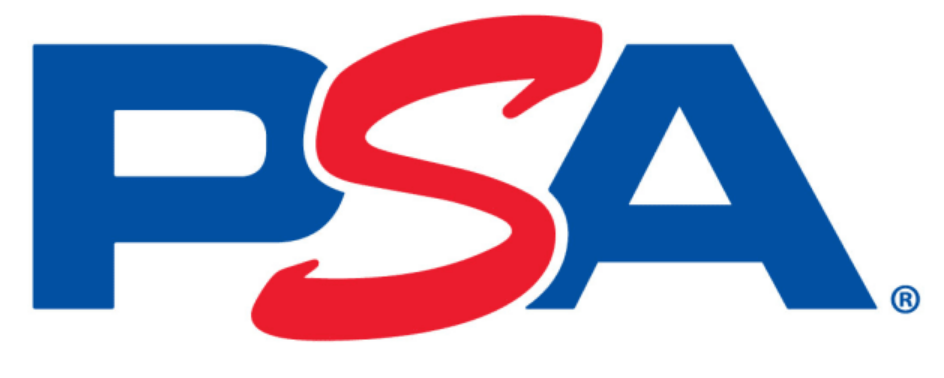
Professional Sports Authenticator (PSA) was established in 1991 as part of Collectors Universe, Inc., and revolutionized trading card grading by introducing a standardized system. This system assesses cards for authenticity and condition, grading them on a scale from 1 to 10. PSA's grading significantly influences a card's value and has set industry standards for transparency in trading card transactions. Their services have expanded beyond sports cards to include non-sports cards, tickets, and autographs, cementing PSA's role as a leading authority in the collectibles market
PSA Market Dominance
PSA's dominance in the trading card grading market is underscored by the higher value of PSA-graded cards compared to those graded by competitors. Established in 1991, PSA's trusted grading system has become a gold standard, significantly boosting the value and desirability of cards it grades. This reputation for quality and reliability has cemented PSA's leadership in the industry, overshadowing other grading companies.
What types of cards does PSA Grade?
PSA commonly grades a wide array of trading cards, with a focus on sports cards like baseball, basketball, football, and hockey. They also grade non-sports cards, including those from popular cultural phenomena like Pokémon, Magic: The Gathering, and various movie and TV show franchises, expanding their appeal.
What are the PSA Grading levels
The grade a card receives is dictated by its overall condition, including centering, corners, edges, and surface quality. Cards with fewer imperfections and better preservation receive higher grades, significantly affecting their value and desirability among collectors. The scale below explains the different levels and criteria for grading a trading card.
- PSA 1: Poor - Significant wear, creases, and other major defects.
- PSA 2: Good - Noticeable wear, but less severe than Poor.
- PSA 3: Very Good - Minor wear visible, slightly rounded corners.
- PSA 4: Very Good-Excellent - Light wear visible on the edges and corners.
- PSA 5: Excellent - Slight rounding of corners, minor surface wear.
- PSA 6: Excellent-Mint - Minor imperfections, slightly off-white borders.
- PSA 7: Near Mint - Slight surface wear, slightly off-center.
- PSA 8: Near Mint-Mint - Sharp corners, minimal wear, slightly off-center.
- PSA 9: Mint - Almost perfect, very minor flaws, well-centered.
- PSA 10: Gem Mint - Virtually perfect in every aspect, perfectly centered.
The grading standards with picture references can be viewed on PSAs website: https://www.psacard.com/gradingstandards
How the grading process works
The PSA grading process for a card involves several meticulous steps:
- Submission: Collectors submit their cards to PSA for grading.
- Receiving and Logging: Upon arrival, cards are logged into PSA's system for tracking purposes.
- Authentication: Experts first verify the authenticity of the card to ensure it's not counterfeit.
- Grading: Trained graders examine the card under magnification. They assess key factors.
- Centering: The alignment of the card's image.
- Corners: Sharpness and wear of the card's corners.
- Edges: Condition of the card's edges.
- Surface: Checking for scratches, print defects, or other imperfections.
- Final Grade Assignment: Based on these criteria, a grade from 1 (poor) to 10 (gem mint) is assigned.
- Encapsulation: The card is then sealed in a tamper-evident, clear plastic case, preserving its condition and displaying its grade.
- Return to Owner: Finally, the graded card is returned to the submitter, now with a definitive grade that reflects its quality and value in the collector's market.
This process ensures a standardized and objective assessment of trading cards, contributing significantly to their market value and collectability.
Does PSA Grading increase value
Vintage (1980s and Older):
High-grade, especially vintage, trading cards significantly increase in value when graded by PSA. Their superior condition, as indicated by high grades, makes them rarer and more sought-after. Since vintage cards in pristine condition are scarce, a high PSA grade not only authenticates but also highlights their rarity, greatly boosting their market value.
Modern: (1990s and Newer)
For modern trading cards, the market value substantially increases mainly for those achieving a PSA 10 grade. This 'Gem Mint' status is crucial, as modern cards are more common in high grades, making only the perfect PSA 10s stand out in terms of rarity and thus significantly enhancing their value.

